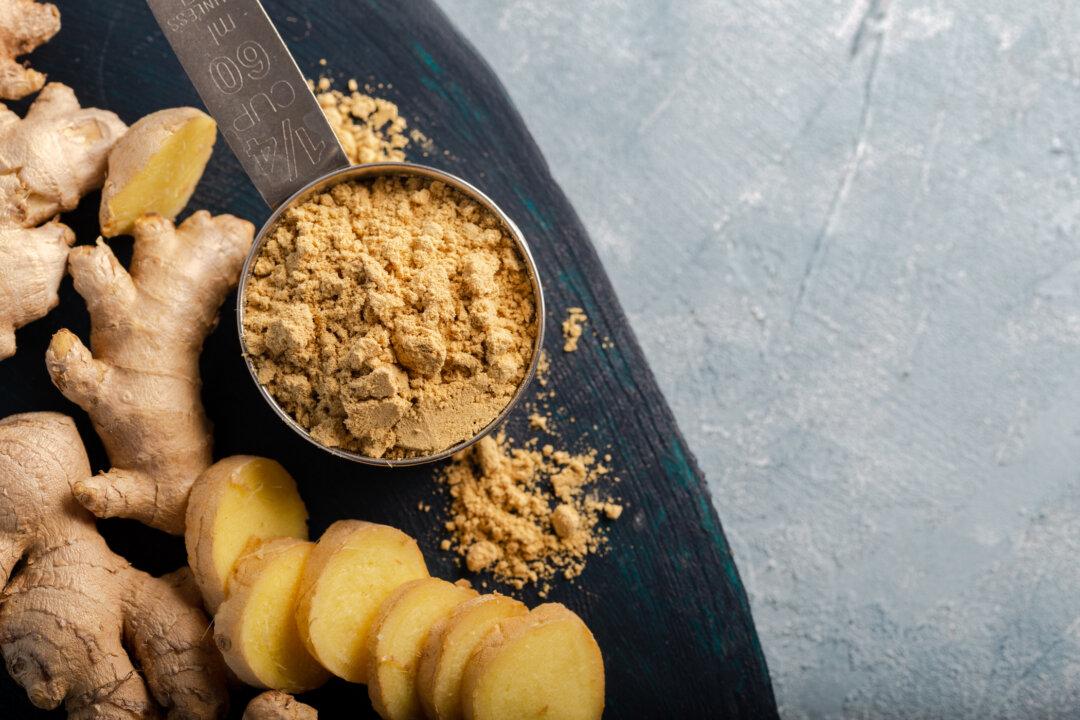One of the most amazing clinical studies ever performed has been hidden away behind a paywall for more than a decade. When I first stumbled upon this clinical pearl two years ago, in the form of the publicly indexed abstract on pubmed.gov, my jaw nearly dropped.
“Pomegranate juice consumption resulted in a significant IMT [intima-media thickness] reduction, by up to 30 percent, after 1 year,” reads the most eye-opening line in the study’s abstract.






